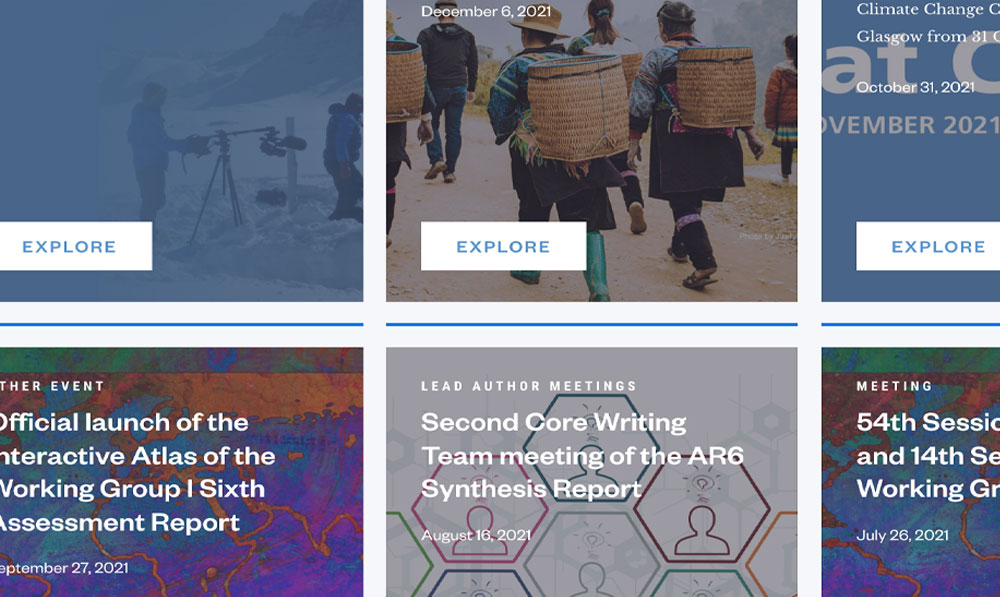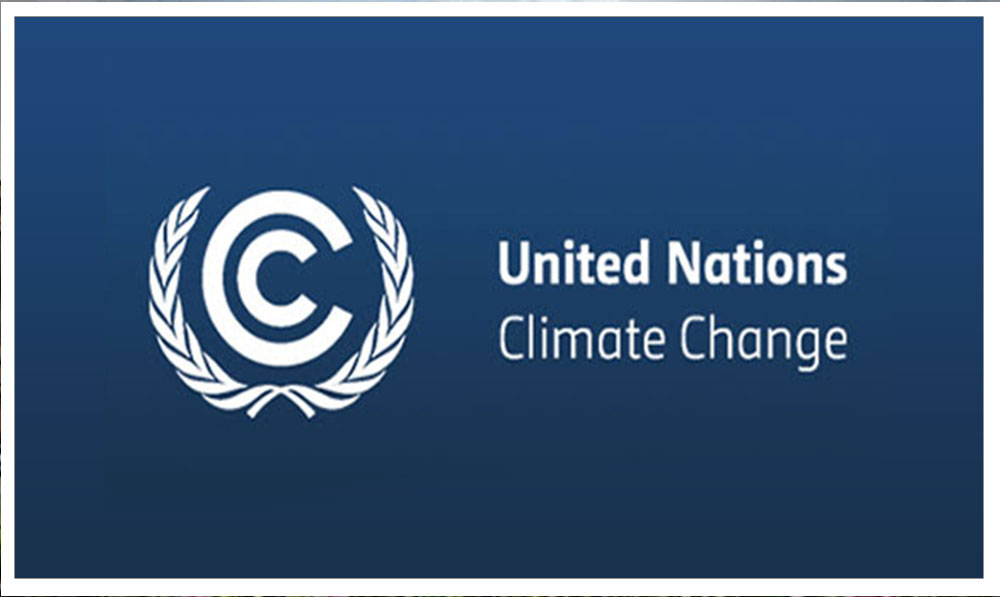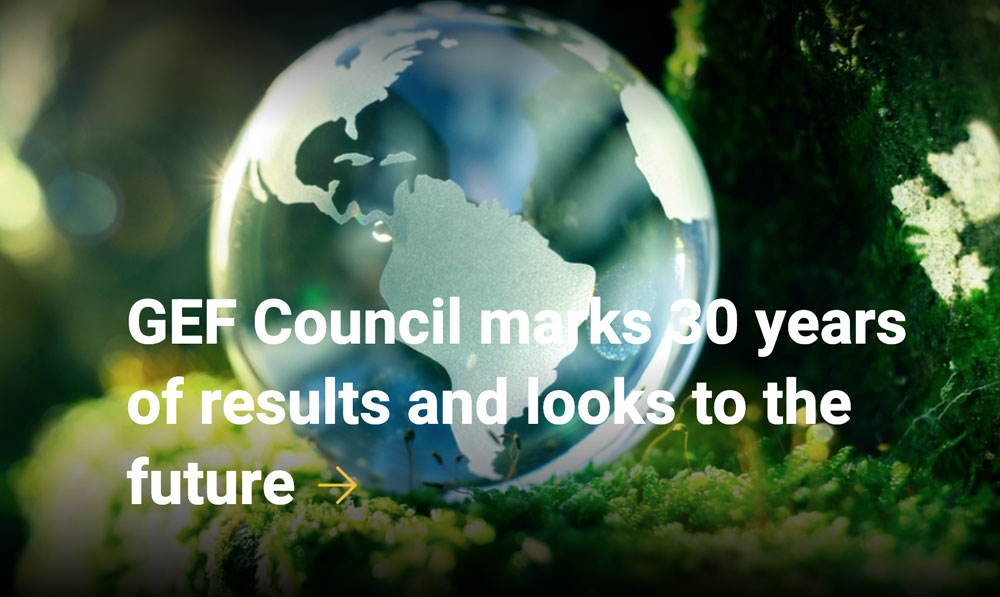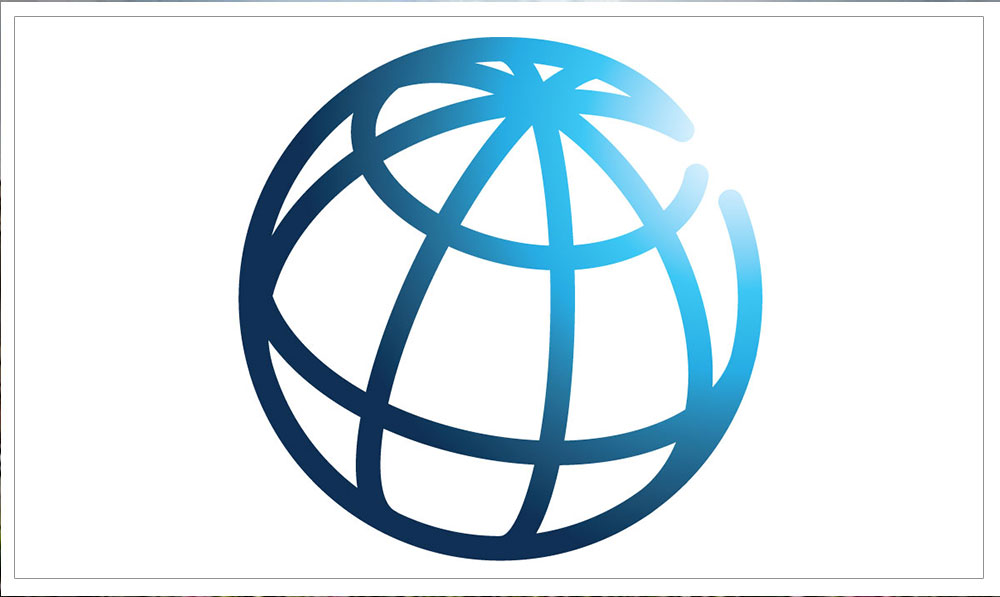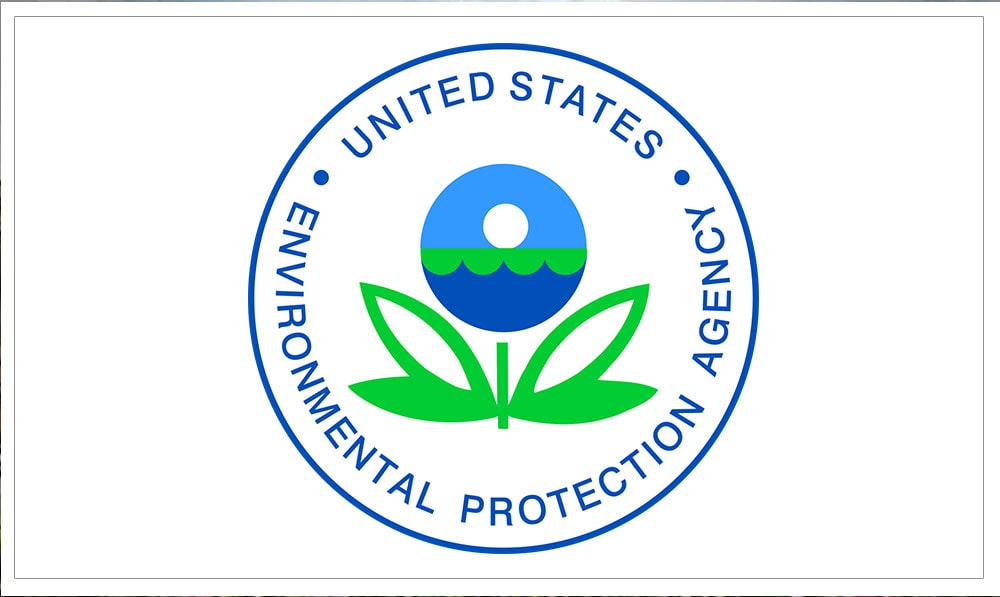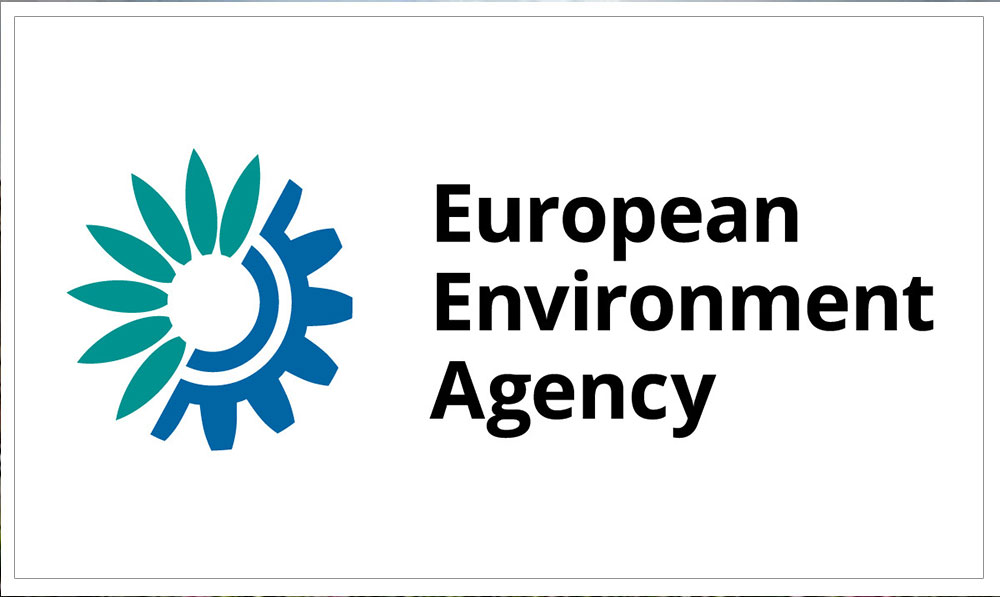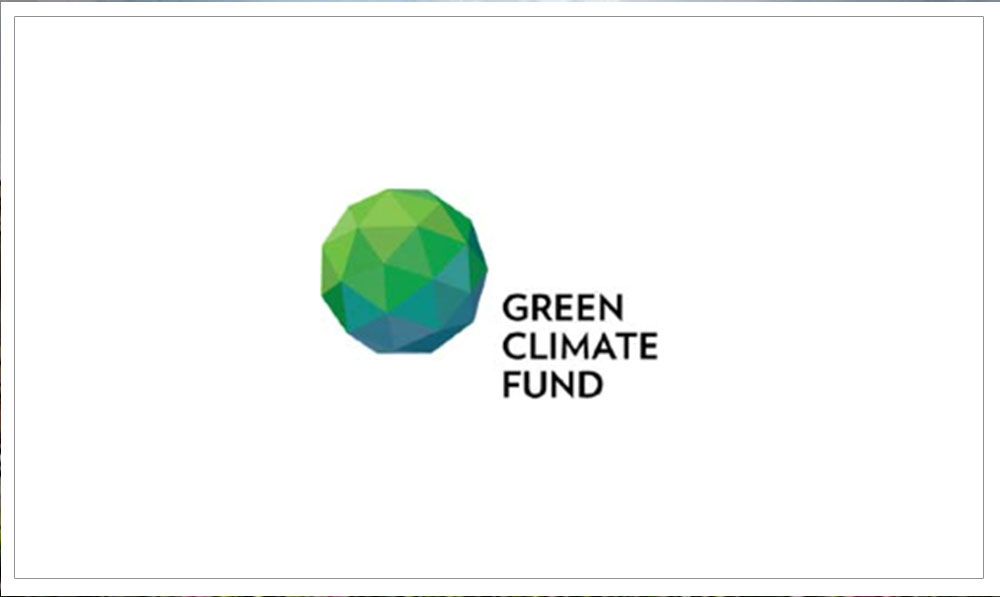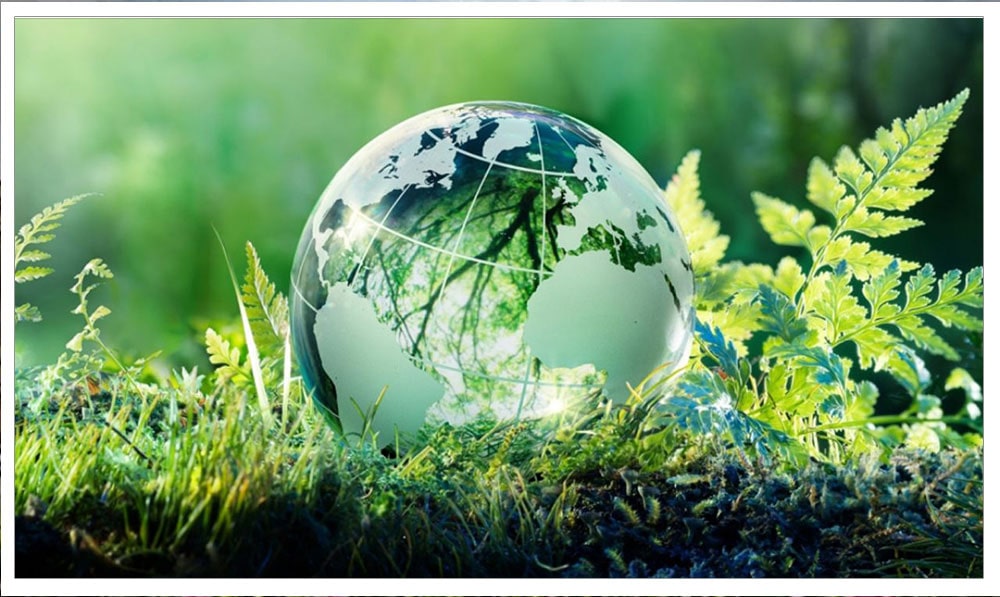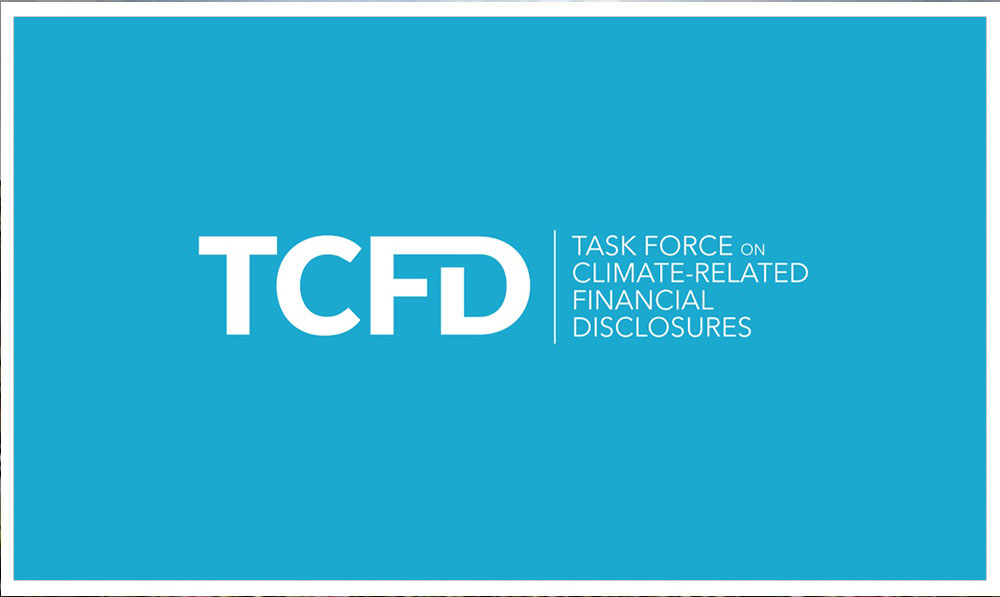ABOUT
International organisations (IOs) have taken the lead in recognizing and supporting environmental research. They have encouraged multilateral organizations in the fight against air and water pollution, acid rain, and global warming.
For financial and technological support, Uttar Pradesh has worked with different international organizations such as the World Bank, GIZ, Asian Development Bank (ADB), United Nations Development Program (UNDP), Small Grant Program (SGP), and others. These IOs have financed a variety of thematic initiatives in the state intending to achieve long-term development. These initiatives are agriculture, transportation, energy, waste management, natural resource conservation, and climate change. The transfer of technology is assisting the state in its transition to low-carbon technologies and sustainable development. IOs associate with the local NGOs to carry out workshops, awareness campaigns and capacity building at panchayat level, district level and city level.
- The Intergovernmental Panel on Climate Change (IPCC)
IPCC is the United Nations body for assessing the science related to climate change. The IPCC was created to provide policymakers with regular scientific assessments on climate change, its implications and potential future risks, as well as to put forward adaptation and mitigation options. Through its assessments, the IPCC determines the state of knowledge on climate change. It identifies where there is an agreement in the scientific community on topics related to climate change, and where further research is needed. The reports are drafted and reviewed in several stages, thus guaranteeing objectivity and transparency. The IPCC does not conduct its own research. IPCC reports are neutral, policy-relevant but not policy-prescriptive. The assessment reports are a key input into the international negotiations to tackle climate change. Created by the United Nations Environment Programme (UN Environment) and the World Meteorological Organization (WMO) in 1988, the IPCC has 195 Member countries. In the same year, the UN General Assembly endorsed the action by WMO and UNEP in jointly establishing the IPCC.
Read More - United Nations Framework Convention on Climate Change (UNFCCC)
The UNFCCC secretariat (UN Climate Change) is the United Nations entity tasked with supporting the global response to the threat of climate change. The Convention has near-universal membership (197 Parties) and is the parent treaty of the 2015 Paris Agreement. The main aim of the Paris Agreement is to keep the global average temperature rise this century as close as possible to 1.5 degrees Celsius above pre-industrial levels. The UNFCCC is also the parent treaty of the 1997 Kyoto Protocol. The ultimate objective of all three agreements under the UNFCCC is to stabilize greenhouse gas concentrations in the atmosphere at a level that will prevent dangerous human interference with the climate system, in a time frame that allows ecosystems to adapt naturally and enables sustainable development.
Read More - Green Climate Fund (GCF)
GCF is a critical element of the historic Paris Agreement - is the world’s largest climate fund, mandated to support developing countries raise and realize their Nationally Determined Contributions (NDC) ambitions towards low-emissions, climate-resilient pathways. GCF is mandated to invest 50% of its resources to mitigation and 50% to adaptation in grant equivalent. At least half of its adaptation resources must be invested in the most climate-vulnerable countries (SIDS, LDCs, and the African States)
Read More - GEF
The GEF is the largest multilateral trust fund focused on enabling developing countries to invest in nature and supports the implementation of major international environmental conventions including on biodiversity, climate change, chemicals, and desertification. Through its Small Grants Programme, the GEF has provided support to more than 25,000 civil society and community initiatives in 135 countries.
Read More - BMZ
The German Federal Ministry for Economic Cooperation and Development (BMZ) is a cabinet-level ministry that works to encourage economic development within Germany, and in other countries through international cooperation and partnerships. BMZ is currently supporting research on forests and the global bio-economy, as well as understanding migration and remittances to improve forest management.
Read More - United Nation Development Programme (UNDP)
UNDP works in about 170 countries and territories, helping to eradicate poverty, reduce inequalities and exclusion, and build resilience so countries can sustain progress. As the UN’s development agency, UNDP plays a critical role in helping countries achieve Sustainable Development Goals.
Read More - World Bank
The World Bank Group is one of the world’s largest sources of funding and knowledge for developing countries. Its five institutions share a commitment to reducing poverty, increasing shared prosperity, and promoting sustainable development. The five institutions of the World Bank are IBRD, IDA, IFC, MIGA and ICSID. It provides a wide array of financial products and technical assistance, and help countries share and apply innovative knowledge and solutions to the challenges they face.
Read More - Asian Development Bank
The Asian Development Bank (ADB) envisions a prosperous, inclusive, resilient, and sustainable Asia and the Pacific, while sustaining its efforts to eradicate extreme poverty in the region. ADB assists its members, and partners, by providing loans, technical assistance, grants, and equity investments to promote social and economic development.
Read More - GIZ
GIZ offers services in international development cooperation and international education. GIZ provides technical help, grants, and investments to its partner nations in order to increase environmental and climate change awareness. Governance and Democracy, Social Development, Long-Term Infrastructure Development, and Rural Development.
Read More - Small Grants Programme (SGP)
By "thinking globally, acting locally," the GEF Small Grants Programme exemplifies the core of sustainable development. SGP illustrates that community action may preserve the delicate balance between human needs and environmental imperatives by giving financial and technical assistance to initiatives that conserve and repair the environment while improving people's well-being and livelihoods.
Read More


